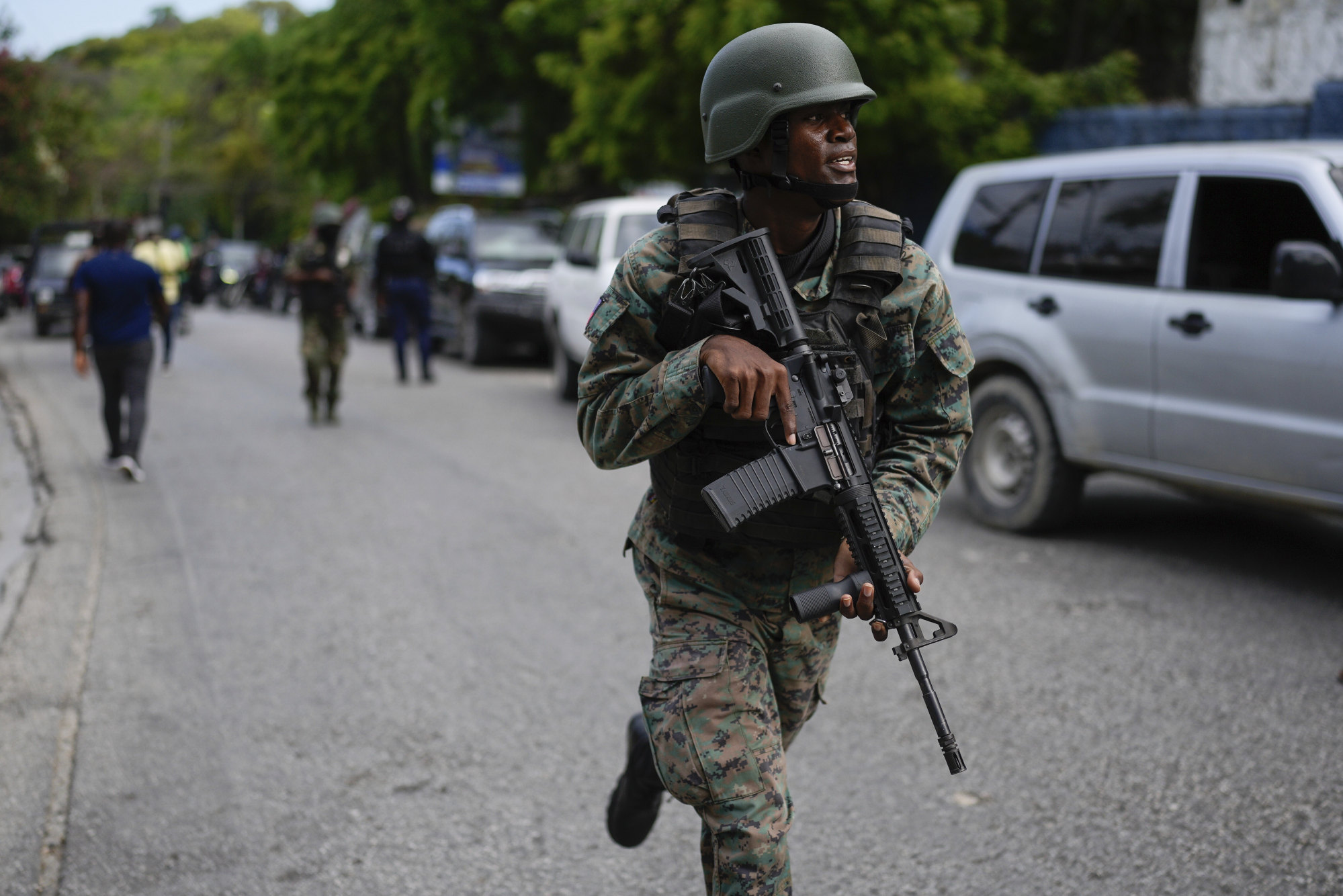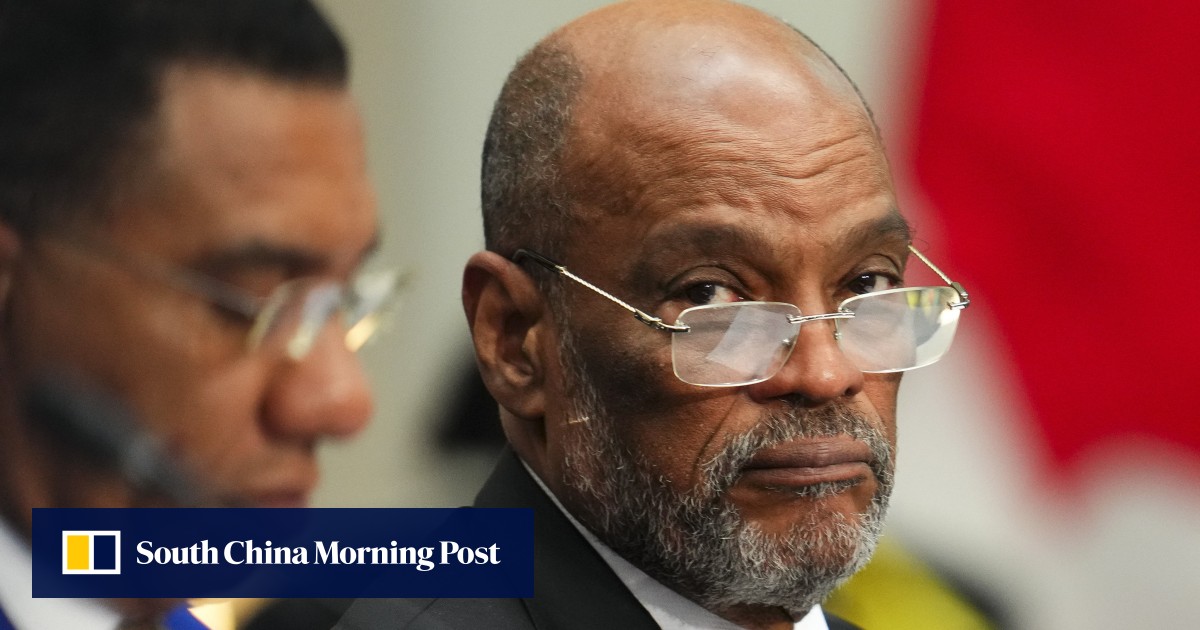Ariel Henry resigned on Thursday as prime minister of Haiti, leaving the way clear for a new government to be formed in the Caribbean country, which has been wracked by gang violence that killed or injured more than 2,500 people from January to March.
Henry presented his resignation in a letter signed in Los Angeles, dated April 24, and released on Thursday by his office on the same day a council tasked with choosing a new prime minister and cabinet for Haiti was due to be sworn in.
The council would be installed more than a month after Caribbean leaders announced its creation following an emergency meeting to tackle Haiti’s spiralling crisis.
The nine-member council, of which seven have voting powers, is also expected to help set the agenda of a new cabinet. It will also appoint a provisional electoral commission, a requirement before elections can take place, and establish a national security council.

Gangs launched coordinated attacks that began on February 29 in the capital, Port-au-Prince, and surrounding areas.
They burned police stations and hospitals, opened fire on the main international airport that has remained closed since early March, and stormed Haiti’s two biggest prisons, releasing more than 4,000 inmates.
The onslaught began while Henry was on an official visit to Kenya to push for a UN-backed deployment of a police force from the East African country. He remains locked out of Haiti.
The international community has urged the council to prioritise Haiti’s widespread insecurity.
Even before the attacks began, gangs already controlled 80 per cent of Port-au-Prince. The number of people killed early this year was up by more than 50 per cent compared with the same period last year, according to a recent UN report.

